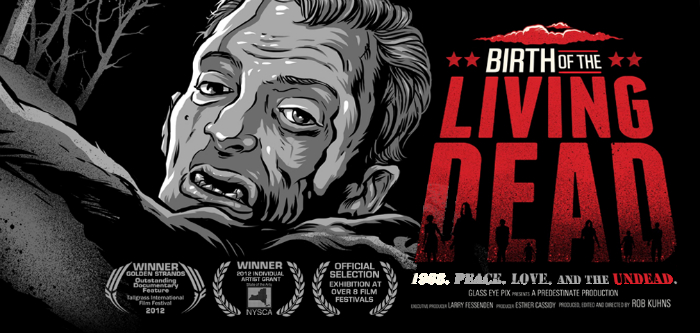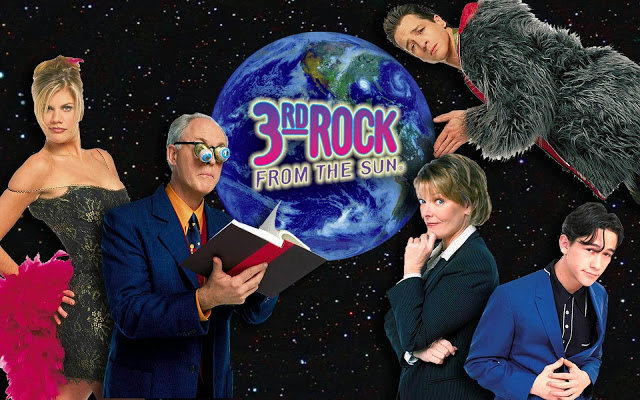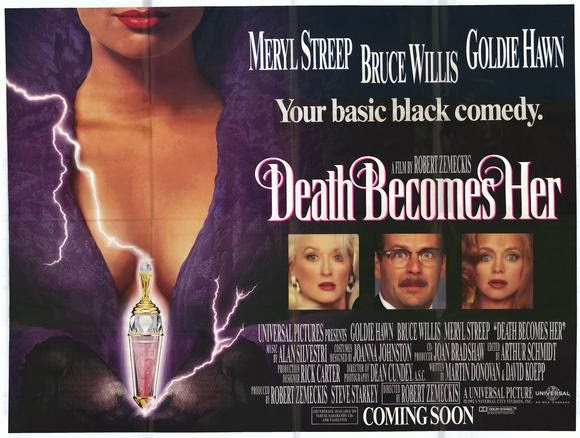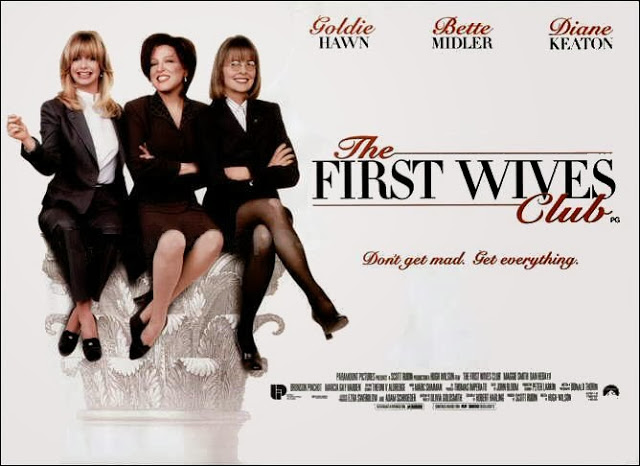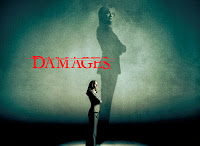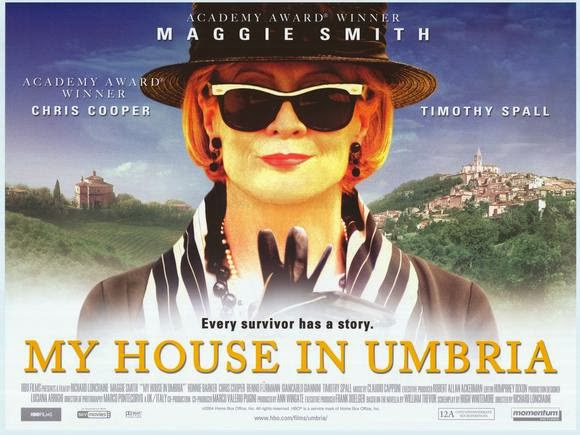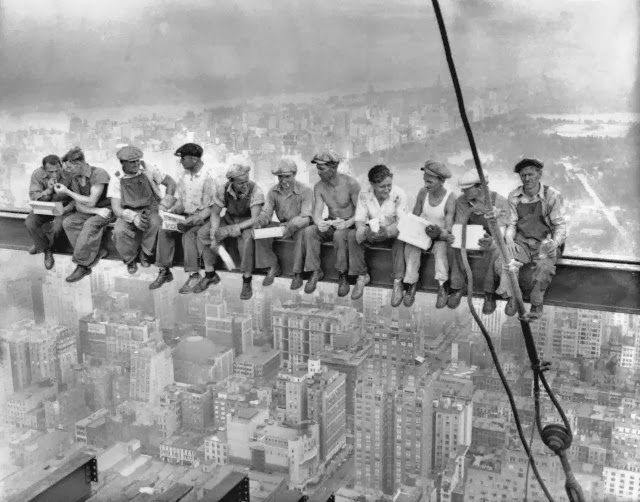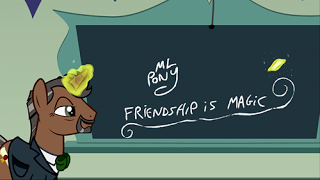Of course older women have traditionally not been allowed to be sexual beings, and mothers have always been held to a higher sexual standard than fathers. In fact, when a woman of any age does not conform or transgresses sexually she customarily suffers greater social condemnation. What Ali: Fear Eats the Soul makes clear is that the Whore-Madonna complex still reigned supreme in 1970s Germany. When Emmi first tells her daughter and son-in-law that she has fallen in love with a much younger man, they laugh. The thought of an old mother in love and lust is so impossible, so unnatural—horrific, in fact—that laughter is the only fitting response. When she introduces her children to her new husband, one son calls her a whore and another kicks in her television. In the eyes of her deeply conventional, racist children, Emmi is guilty of the most profane double betrayal—racial disloyalty and defilement of the maternal role.
